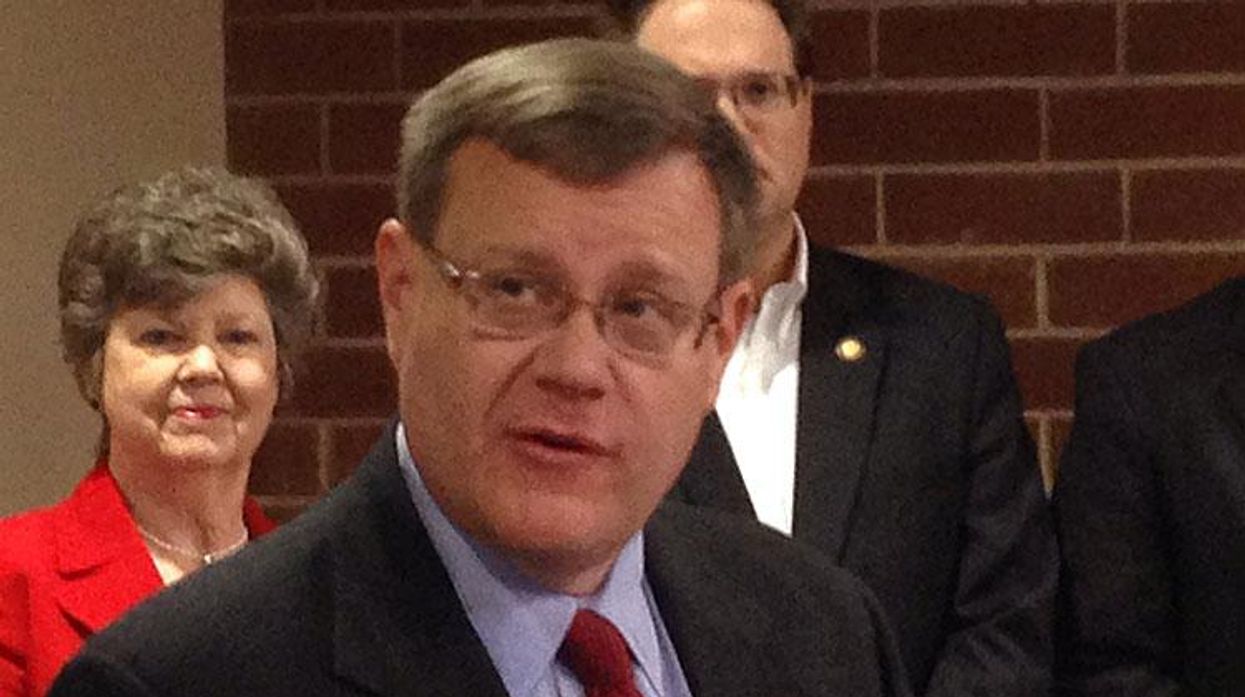Non-topics
North Carolina Lawmakers Target Restroom Provision in Charlotte Ordinance

They object to allowing transgender people to use the restrooms matching their gender identity—their true gender.
February 24 2016 8:13 AM EST
By continuing to use our site, you agree to our Privacy Policy and Terms of Use.

They object to allowing transgender people to use the restrooms matching their gender identity—their true gender.
The speaker of North Carolina’s House of Representatives is promising to reverse what he calls a “radical course” adopted by the Charlotte City Council in its LGBT-inclusive public accommodations ordinance Monday night.
Speaker Tim Moore and fellow Republican lawmakers said Tuesday they would target one provision of the ordinance for repeal—the one allowing transgender people to use the public restrooms and locker rooms corresponding with their gender identity. “That’s the part that’s been alarming to people in Raleigh,” the state capital, Moore spokeswoman Mollie Young told The Charlotte Observer.
In North Carolina, the state legislature can override all or part of any municipal ordinance, or require that it be put to a popular vote. A popular vote forced by a lawsuit against Houston’s LGBT rights ordinance resulted in repeal last year.
Another top Republican legislator, House Majority Leader Mike Hager, said in a press release that lawmakers would seek to eliminate only that provision. “Restrooms and locker rooms should remain distinctly private,” he said, according to the Observer.
Transgender people point out that requiring them to use the facilities corresponding with the gender they were assigned at birth—the wrong gender—undermines their privacy and safety.
“Being assigned male at birth, it can be dangerous if I walk into the men’s bathroom — I’m told I am in the wrong one or ‘outed’ as transgender,” trans woman Lara Nazario told the City Council at Monday night’s meeting. “This often leads to violence.”
Scott Bishop of the Charlotte-area LGBT group MeckPAC said his organization would meet with legislators and seek to persuade them not to repeal any part of the ordinance, which also bans discrimination against LGBT customers by stores, restaurants, hotels, taxi companies, and other businesses open to the public. It does not apply to employment.
“We want to make sure we have conversations at least with the local delegation so that they are up to speed on the issue,” Bishop told the Observer. “It’s a matter of making sure they are as educated as the City Council.”